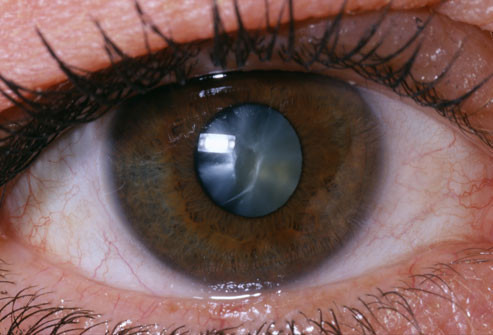Some health care providers are dropping the ball when it comes to treating women and minorities with severe heart failure, a recent study shows. Yet the findings didn’t rock the cardiology world.
The study showed women and black and Hispanic patients were less likely to be offered an implantable cardioverter defibrillator, or ICD, a potentially lifesaving device that shocks the heart when it detects a dangerously irregular heart rhythm.
Such disparities are unfortunately old news, experts say, and this latest study confirms the problem isn’t going away.
 Something needs to be done, said Samir Saba, M.D., a cardiac electrophysiologist at the University of Pittsburgh Medical Center, who was not involved in the study.
Something needs to be done, said Samir Saba, M.D., a cardiac electrophysiologist at the University of Pittsburgh Medical Center, who was not involved in the study.
“Very few insights exist into the root causes,” said Saba, who has treated patients with heart failure for nearly two decades. The causes could relate to the doctor or to the patient, he said. “Here we are in 2017 … and still we are speculating about what could be going on.”
The study, published last summer in the journal Circulation, is among the American Heart Association’s top 10 heart and stroke science advances of 2016. It included more than 21,000 hospitalized heart failure patients at 236 hospitals that follow the AHA’s Get With The Guidelines-Heart Failure, a program that helps hospitals improve cardiovascular care.
Healthcare providers — most of them cardiologists — talked to about one in five women about the option of receiving a defibrillator, compared with one in four men. Minorities were even more likely to be left in the dark. Compared with whites, blacks were 31 percent less likely and Hispanics 38 percent less likely to receive ICD counseling. Black and Hispanic patients were also less likely than their white counterparts to get or be prescribed an ICD. Women, however, were just as likely as men to get the device.

An estimated 5.7 million American adults have heart failure. Nearly half of patients die within five years of diagnosis.






